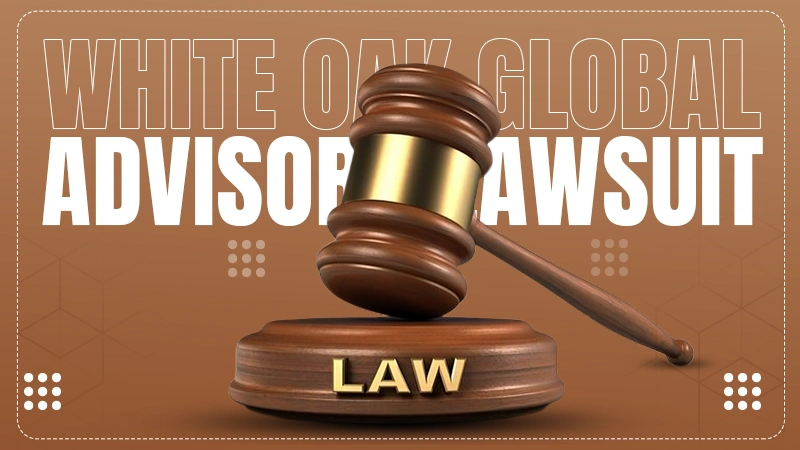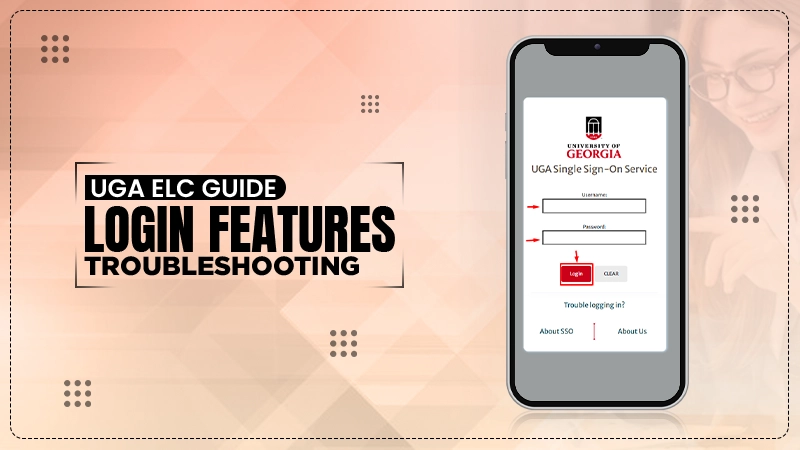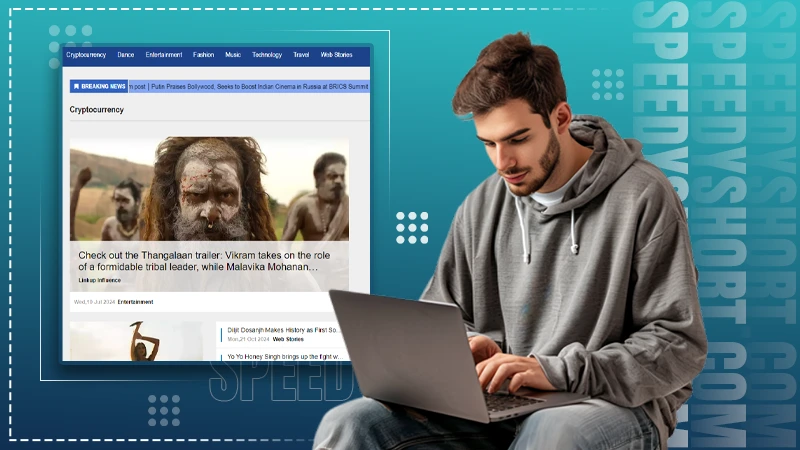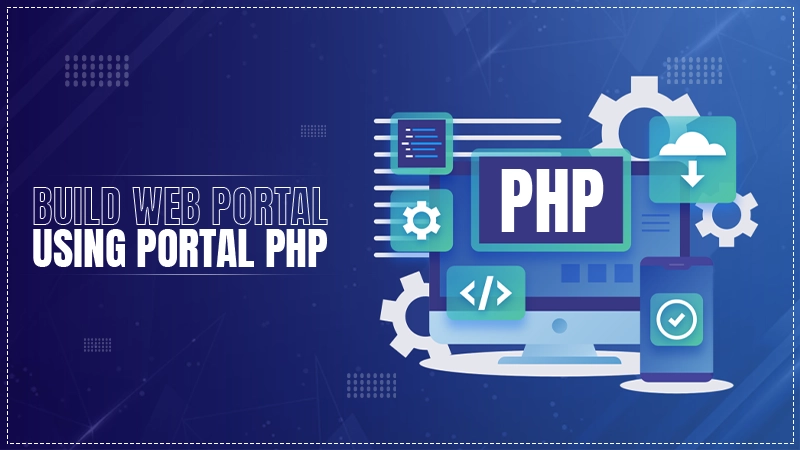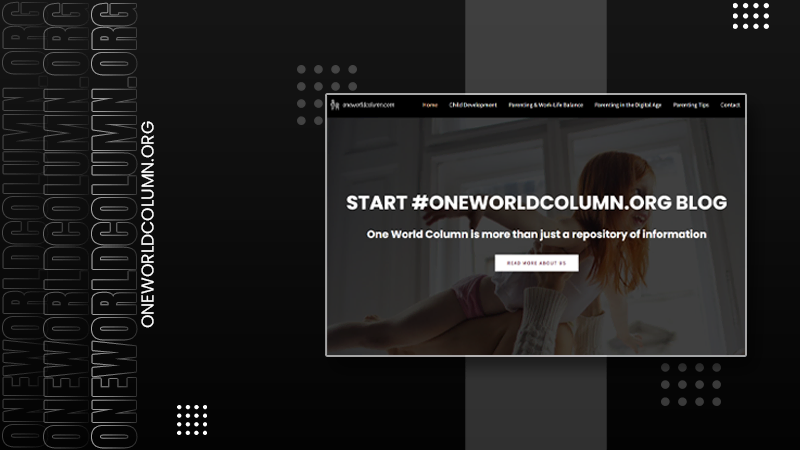Introduction
When encountering the “avocent umg 4000 webpage 127.0.0.1:8128 cannot load” error, it can be frustrating and perplexing. This issue”avocent umg 4000 webpage 127.0.0.1:8128 cannot load” can manifest due to various reasons, such as network connectivity problems, browser compatibility issues, or software conflicts. Often, resolving this error requires a step-by-step approach to diagnose and identify the root cause, helping to ensure that web pages load correctly and without hindrance.
Understanding the potential reasons behind this error “avocent umg 4000 webpage 127.0.0.1:8128 cannot load” is essential for troubleshooting and applying solutions effectively. For instance, network-related problems such as weak Wi-Fi signals, incorrect router configurations, and even ISP issues can contribute to web page loading issues. Browser compatibility, too, plays a significant role, as different browsers interpret web pages differently. Outdated web browsers and plugins or conflicting software applications running on the user’s device can further complicate the issue. Additionally, firewall settings that block web traffic or misconfigurations of firewall rules can lead to web pages failing to load. By exploring these common causes and understanding the troubleshooting steps, users can resolve these issues efficiently and restore their browsing experience.
Understanding the ‘avocent umg 4000 webpage 127.0.0.1:8128 Cannot Load’ Error
When encountering the “avocent umg 4000 webpage 127.0.0.1:8128 cannot load” error, the first thing to understand is the nature of the issue. This error “avocent umg 4000 webpage 127.0.0.1:8128 cannot load” message typically indicates a problem with web page loading, which can be triggered by various factors such as network connectivity issues, browser compatibility issues, or software conflicts. Web pages might take a long time to load or fail to load altogether, resulting in frustration and inconvenience for the user.
Additionally, the “avocent umg 4000 webpage 127.0.0.1:8128 cannot load” error can also occur due to DNS configuration problems, issues with firewall settings, or browser misconfigurations. For instance, misconfigured DNS settings can disrupt the translation of domain names to IP addresses, causing web pages to be unreachable. Firewall settings can sometimes be too restrictive, blocking legitimate web traffic from accessing certain websites. Browser compatibility issues may arise from outdated browser versions or security settings that conflict with web page content. By recognizing and addressing these factors, users can effectively diagnose and troubleshoot the problem, ensuring a smoother web browsing experience.
Possible Causes of the ‘avocent umg 4000 webpage 127.0.0.1:8128 Cannot Load’ Error
- Network Issues: A weak or unstable internet connection is a frequent culprit. If the connection is intermittent or slow, web pages may not load correctly.
- Browser Incompatibility: Different browsers render web pages differently. If there is a compatibility issue, some web pages may load fine on one browser but fail on another.
- Software Conflicts: Running conflicting software or applications simultaneously can cause web pages to load slowly or not at all. This issue can be exacerbated if software is outdated or not configured correctly.
- Firewall Settings: Certain firewall settings can block web traffic, affecting the ability of web pages to load.
- DNS Issues: Domain Name System (DNS) issues can also play a role in loading errors, as incorrect DNS settings can cause delays or failures in resolving web addresses.
Troubleshooting Steps
- Checking Network Connectivity: Begin by ensuring your internet connection is stable. If using Wi-Fi, move closer to the router to improve signal strength. Alternatively, using a wired Ethernet connection can often provide a more reliable connection.
- Clearing Browser Cache and Cookies: Cached files and cookies can sometimes interfere with web page loading. Navigate to your browser settings and clear these items to refresh the browsing experience.
- Updating Web Browsers and Plugins: Outdated web browsers and plugins can cause compatibility issues. Make sure both your browser and plugins are up-to-date for optimal performance.
- Checking Firewall Settings: Review your firewall settings to make sure web traffic is not being blocked. Adjusting firewall rules or disabling certain firewall features temporarily may help determine if the firewall is causing the issue.
- DNS Settings: Ensure that your DNS settings are properly configured. You may want to consider using a different DNS service if you suspect issues with your current provider.
- Disabling Browser Extensions: Browser extensions can sometimes cause web page loading issues. Disable each extension one by one to identify any that may be contributing to the problem.
How to Update Software and Plugins
Keeping software and plugins up-to-date is essential for a smooth web browsing experience. To update your web browser and plugins:
- Open your browser settings.
- Navigate to the “About” section for the browser to check for updates.
- For plugins, check the official website or plugin store for the latest versions.
By regularly updating software and plugins, you minimize the chances of encountering loading issues.
How to Disable Browser Extensions
Browser extensions can sometimes interfere with web page loading. To disable them:
- Open your web browser settings.
- Navigate to the extensions or plugins section.
- Disable each extension one by one and test the web page loading.
If disabling extensions resolves the issue, then one or more of them may have been causing the problem.
Role of Firewall Settings in Connectivity Issues
Firewall settings play a crucial role in ensuring the security and integrity of your system by monitoring and filtering incoming and outgoing network traffic. While firewalls serve a vital purpose in blocking malicious traffic and preventing unauthorized access, overly restrictive firewall settings can sometimes interfere with web traffic, causing web pages to fail to load or experience slow loading times. These restrictions can result from specific firewall rules that inadvertently block legitimate web traffic or connections from websites and servers. When firewall rules are overly strict, they can filter out traffic needed to access web pages, leading to web page loading issues.
Additionally, certain firewalls have advanced filtering protocols that can interfere with the communication between your device and web servers. This could lead to blocked connections and prevent the successful loading of web pages. Adjusting firewall settings to allow specific web traffic, whitelisting particular websites, or temporarily disabling the firewall can help determine if the firewall settings are indeed causing the connectivity issue. If the web page loads correctly after adjustments or disabling the firewall, it’s a strong indication that the firewall settings were the root cause of the problem, and further action can be taken to ensure smoother web browsing.
Impact of Browser Incompatibility on Website Loading
Browser incompatibility can have a significant impact on website loading. Different web browsers interpret and render web pages in varying ways, often due to differences in coding structures, rendering engines, and security protocols. For instance, a web page that appears fine on one browser may experience display issues, slow loading times, or complete failure to load on another browser. This is often because web browsers have different methods for handling JavaScript, CSS, and HTML5 elements, which can affect how the web page is processed and displayed.
Additionally, browser incompatibility can sometimes stem from outdated browser versions or restrictive security settings that interfere with the web page’s content. For example, older browsers might lack support for modern web technologies, leading to issues in rendering advanced web elements or content. Browser extensions can also impact compatibility, causing conflicts that hinder the web page from loading properly. By identifying and testing the website across different browsers, users can determine whether browser compatibility is a contributing factor to the loading issue and make adjustments to their web browser settings, or use alternative browsers as a solution
Seeking Professional Help
If you’ve attempted the troubleshooting steps and the issue with the “avocent umg 4000 webpage 127.0.0.1:8128 cannot load” error persists, it may be time to seek professional help. An IT specialist or technician can offer advanced expertise in diagnosing and resolving complex technical issues that may not be apparent through general troubleshooting. Consulting with a professional ensures that the root cause of the error is identified and addressed effectively, saving you time and effort.
Furthermore, professionals can perform in-depth assessments of your system and network to detect any underlying issues, such as misconfigurations, compatibility problems, or software conflicts. By leveraging their expertise, they can provide tailored solutions that can restore your web browsing experience and ensure a smoother and more efficient workflow. Additionally, an IT specialist can offer suggestions on optimizing your system to prevent similar issues from occurring in the future. Their in-depth knowledge and experience will give you confidence that your web page loading issues will be resolved comprehensively and professionally.
Conclusion
In conclusion, troubleshooting the “avocent umg 4000 webpage 127.0.0.1:8128 cannot load” error can often involve a step-by-step approach to identify the root cause. By understanding the impact of factors such as network connectivity, browser compatibility, firewall settings, and software conflicts, users can apply tailored solutions to restore their web browsing experience. Additionally, seeking professional help when the issue “avocent umg 4000 webpage 127.0.0.1:8128 cannot load” persists can ensure a comprehensive assessment and resolution of complex technical problems.
Overall, resolving web page loading issues requires a methodical approach, with a focus on identifying and addressing potential obstacles that may interfere with web traffic. By taking the necessary troubleshooting steps and considering professional assistance when needed, users can enjoy smoother and more efficient web browsing.
Also Read: Exploring the World of cñims: A Deep Dive into Modern Technology
FAQs
- What should I do if the “avocent umg 4000 webpage 127.0.0.1:8128 cannot load” error persists after troubleshooting? If the issue “avocent umg 4000 webpage 127.0.0.1:8128 cannot load” continues even after performing basic troubleshooting steps, such as checking network connections and browser compatibility, consider seeking professional help. An IT specialist can offer advanced solutions and assessments to identify and resolve complex technical issues.
- Can firewall settings cause web pages not to load? Yes, restrictive firewall settings can sometimes interfere with web traffic, leading to web page loading issues. Adjusting firewall settings to allow specific web traffic or temporarily disabling the firewall can help determine if it is the root cause of the problem.
- What role does browser compatibility play in website loading issues? Different web browsers interpret and render web pages differently due to variations in coding structures and security protocols. Browser compatibility issues can lead to elements not displaying correctly, slow loading times, or complete failure to load.
- How can I troubleshoot browser compatibility issues? To troubleshoot browser compatibility issues, try testing the website on different web browsers. Ensure your browser is updated, disable browser extensions, and adjust security settings to check if they are causing conflicts. You may also consider using alternative browsers.
- Can outdated DNS configurations cause web pages to fail to load? Yes, outdated or misconfigured DNS settings can disrupt the translation of domain names to IP addresses, causing web pages to be unreachable. It’s essential to check and update DNS configurations as part of troubleshooting efforts.
- What should I do if my firewall settings seem to be blocking web pages from loading? If your firewall settings are blocking web pages, try adjusting the firewall rules to allow specific web traffic or temporarily disable the firewall to see if the web pages load correctly. If this resolves the issue, review and refine firewall rules to avoid future conflicts.
- Can browser extensions interfere with website loading? Yes, browser extensions can sometimes cause conflicts with web pages, leading to loading issues or display problems. Disabling extensions and testing the web page again can help determine if the extensions are causing the issue.
- What professional help can an IT specialist offer for web page loading issues? An IT specialist can provide advanced solutions and assessments to identify complex technical problems affecting web page loading. They can offer tailored recommendations to address network, browser, firewall, and software conflicts that may be causing the issues.
- How can I determine if firewall settings are causing web page loading issues? If you suspect firewall settings are causing web page loading issues, try temporarily disabling the firewall and testing if the web pages load correctly. If the pages load without the firewall enabled, you can adjust firewall rules to allow specific web traffic and resolve conflicts.
- What steps can I take to optimize my web browsing experience if firewall settings have been an issue? Once you identify and adjust firewall settings, consider regular assessments to ensure that configurations do not become overly restrictive in the future. Regularly update your firewall rules and review any advanced filtering protocols to ensure a smooth web browsing experience.


